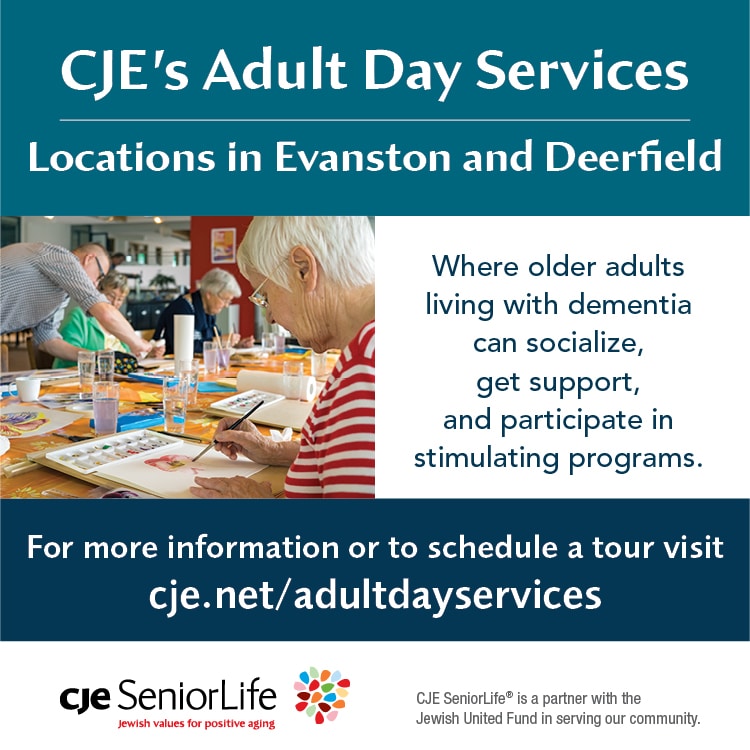Prescription: A Dose of Compassion
By Kathleen Aharoni
Recently, Louis Weiss, publisher of this magazine, sent me a YouTube video from the Cleveland Clinic, entitled Empathy: The Human Connection to Patient Care. This emotional video begins with the following quote from Henry David Thoreau: “Could a greater miracle take place than for us to look through each other’s eyes for an instant?”
What follows is a four-minute glimpse at the lives of everyday people in the hospital, from patients to doctors and visitors to staff. Short captions appear by the subjects informing us of their conditions—tumor was benign; tumor was malignant; 7,000 miles from home; 7 years cancer free; worried how he will pay for this; Day 29: waiting for a new heart; just signed DNR; tomorrow, first vacation in 4 years; celebrating 25th wedding anniversary, and so on.
The video ends asking, “If you could stand in someone else’s shoes…hear what they hear; see what they see; feel what they feel, would you treat them differently?”
So, ask yourself the question. Really, ask. And listen to your answer. Would you treat them differently?
If you knew the story of the obese man or woman at the table next to you eating the huge steak and side of buttery mashed potatoes, would you comment aloud and with disdain about how terrible it is for them to be eating like this?
If you knew the life of the mother feeding her two overweight children ice cream on a hot summer day, would you still make that scolding tsk-tsk as you passed them by?
Would you continue to hold the grossly obese man in contempt, sending out a barrage of aggravated slurs as he slows down the line at airport security because he is having difficulty getting his shoes off, if you knew his story?
There are many offenses we hurl at the obese including judgment, disdain, anger and blame. I’ve even heard someone blame the predicament of the healthcare system on the obese. Whatever stories we conjure, we source them from a place of fear—that they will hold us back, get more than their share, deplete our resources or are out of control. Judging the obese, we justify why we must act with compulsion, mistrust, rigidity and even cruelty.
What happened to compassion and empathy? There’s a huge difference, both in the way we feel and how we cause others to feel, when we lead with compassion rather than cruelty.
Try it out. Imagine a time when you were extremely aggravated because someone cut you off, held you back from getting somewhere quickly or physically represented something distasteful to you. How did you feel inside? Were you tight, holding your breath, clenching your abdominal muscles or jaw? Now imagine the same, or similar, event and fill yourself with compassion or empathy and respond from this magnanimous place within. How do you feel? Expansive? Allowing? Loving? Curious? Amused?
Think about how the person in your story would feel if you directed compassion rather than frustration at them? The Dalai Lama once said, “If you want others to be happy, practice compassion. If you want to be happy, practice compassion.” And, of course, you can’t truly practice compassion toward another unless you are compassionate with yourself.
So, what is self-compassion? It is about treating one’s self with kindness and caring. It is about knowing our inherent value (priceless!). It is not about elevating one’s self above another. At the core, we are all of equal value, contributing to the world, each in our own distinct way.
Do you think that the choice of one’s weight is any easier to heal than the choice to overcome anxiety, phobias, destructive childhood patterns, chronic pain, addiction or depression? Have compassion.
How do you know that the obese woman on the bus hasn’t doubled or tripled in size because of a medication such as prednisone? Have compassion.
And, really, so what if someone is obese? It is their life, their choice, their consequences. Shaming and should-ing a person, rarely produces any lasting positive results. In fact, shaming and should-ing usually have a deep negative impact. It’s not your life to choose how it is lived. Have compassion. Spread caring and happiness, and amplify these qualities within you. You will generate greater well-being for yourself and others.
Live your compassion, inside and out. Celebrate humanity’s distinctions. Contribute to global thriving. Live your own life to its most healthy, joyous and free. And truly ask yourself the following question. And, answer it.
If you could stand in someone else’s shoes… hear what they hear; see what they see; feel what they feel, would you treat them differently?
Published in Chicago Health Summer/Fall 2012
Published in Chicago Health Summer 2011













